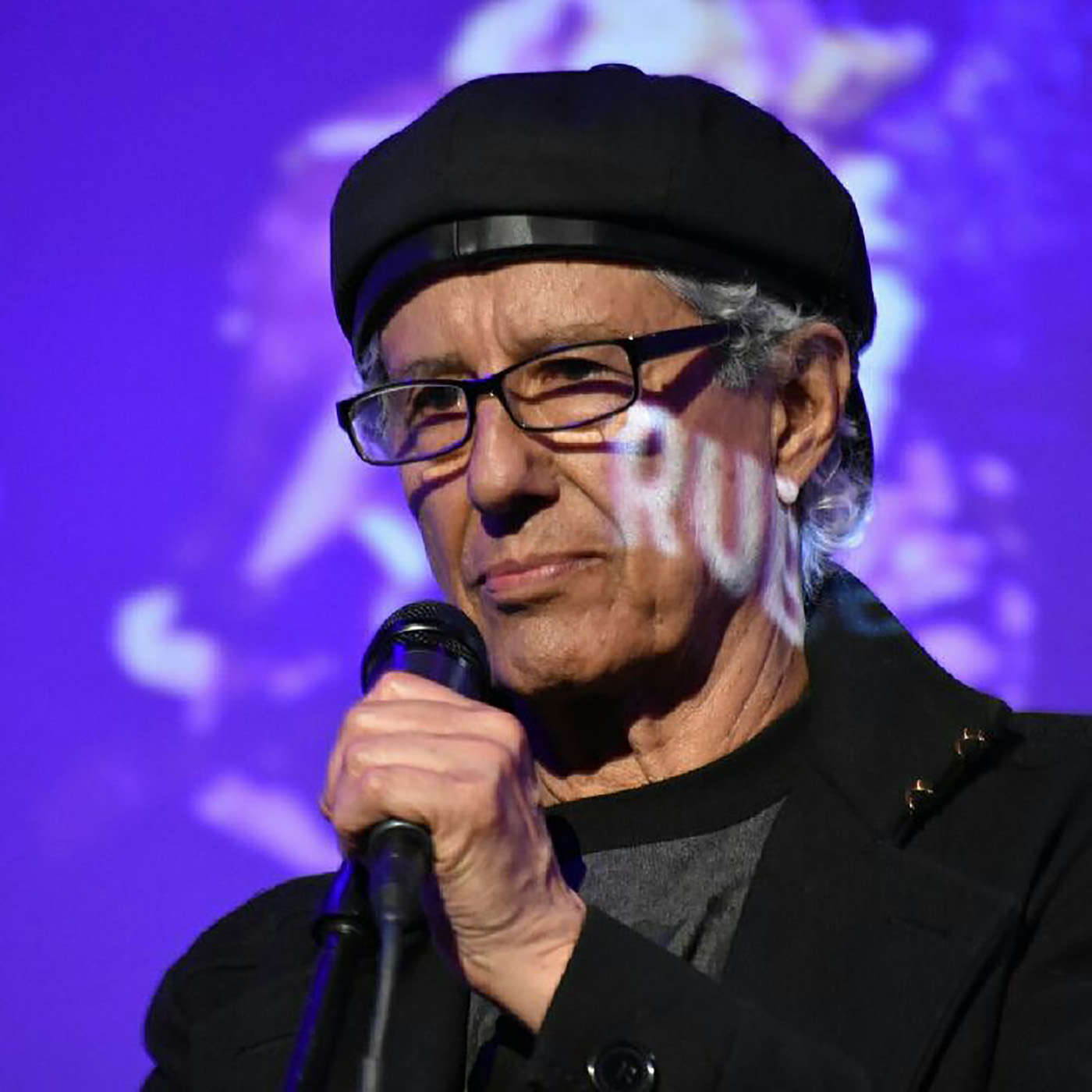Chicano musician to discuss issues of identity and inclusivity in LA at book talk

Alumnus and former visiting professor Rubén Guevara wrote a memoir entitled “Confessions of a Radical Chicano Doo-Wop Singer,” which he will discuss Friday at UCLA’s Jan Popper Theater. The book explores his identity as a Chicano rock ‘n’ roll musician and activist. (Courtesy of Mario A. Hernandez)
Confessions of a Radical Chicano Doo-Wop Singer
Today, 2 p.m.
Jan Popper Theater
Free
By Alyssa Wheeler
Nov. 29, 2018 9:14 p.m.
In 1974, Rubén Guevara found himself climbing the steps of centuries-old Mayan pyramids in Palenque, Mexico. The Los Angeles native did not know then that the trip to connect with his ancestral roots would help him embrace his Chicano identity, which later became a monumental influence on his musical career, he said.
Guevara, a Chicano rock ‘n’ roll artist, wrote of his journey as a musical artist and activist in his memoir, “Confessions of a Radical Chicano Doo-Wop Singer.” The UCLA alumnus and former visiting professor will return to Jan Popper Theater to discuss his book, which was published April 13. In addition to exploring his identity and inspirations, Guevara said the memoir highlights important issues of social justice in the LA community that have continued throughout his life.
“I realized that to become a Chicano is a choice and I chose to commit to that title,” Guevara said. “Whether it’s through the arts, education or science, the goal in the end is to enhance and contribute to the culture and the legacy of the culture.”
Guevara said he committed to expanding the reach of Chicano culture to enrich the community and gain respect from Mexicans who looked down on him. Because many Mexicans believe Chicanos have no culture of their own, Guevara said he took it upon himself to showcase the culture through his music.
By creating music in the Chicano community, the artist said he has continued taking on issues of racism and social justice, especially as they pertain to the LA area. One of Guevara’s earliest songs addressing Chicano history in LA is “C/S,” which was released in 1983. Guevara said “C/S” stands for “con safos,” which translates to “with safety.” “C/S” is derived from a tag used in graffiti by Chicanos to trademark and protect their street art. The lyrics tell the history of LA and highlight the overlooked role of the Mexicans who aided in the city’s inception. Guevara said the title “C/S” functions to help him reclaim the city as his own.
“I’m still working with marginalized groups and touching on issues that affect us. I try to shed some light in dark places,” Guevara said. “That’s my job.”
Watching his city being torn apart by racism and social discrimination in the wake of the Watts riots of 1965 and Rodney King riots of 1992 inspired him to take up musical activism, Guevara said. Despite being decades apart, both riots were in response to police brutality against African-American individuals. Residents of LA banded together in protest seeking accountability for these actions. As a marginalized individual and native Angeleno, Guevara said the riots resonated with him. He elaborates further on the personal impact the riots had on him in his memoir.
“Growing up in Los Angeles, LA has been my laboratory. I talk about its history, the Mexican presence here and its struggles,” Guevara said. “My book is a testament to that journey.”
George Lipsitz, a professor of black studies at UC Santa Barbara, first approached Guevara to write a memoir 20 years ago. The two met at a conference at UCLA where Lipsitz invited Guevara to talk in one of his classes. He said Guevara’s yearning to be of value to the LA community through his activism and art sets him apart from other artists. The dedication Guevara has to creating meaningful art makes him perfectly suited for writing a memoir, Lipsitz said.
“It has the good, the bad and the ugly of the history of Los Angeles. But in many ways, it’s a love letter to the unfilled potential of the city” Lipsitz said.
Guevara was a substitute professor for a Chicano music class taught by Steven Loza, an ethnomusicology professor at UCLA. Loza said the Chicano music class was perfectly suited for Guevara to teach due to his music career and dedication to Chicano history. Guevara said he included his own music in the curriculum in order to teach students about the history of Chicano music.
Returning to UCLA to talk about “Confessions of a Radical Chicano Doo-Wop Singer” will be a major achievement in his career, he said. He hopes students take away the importance of perseverance, commitment, dedication, integrity and honor.
“My act of survival I see as a radical act in spite of all the ups and downs of my career,” Guevara said. “(The memoir) reminds me to stay on track, so it’s an ongoing realization and commitment to be committed.”


